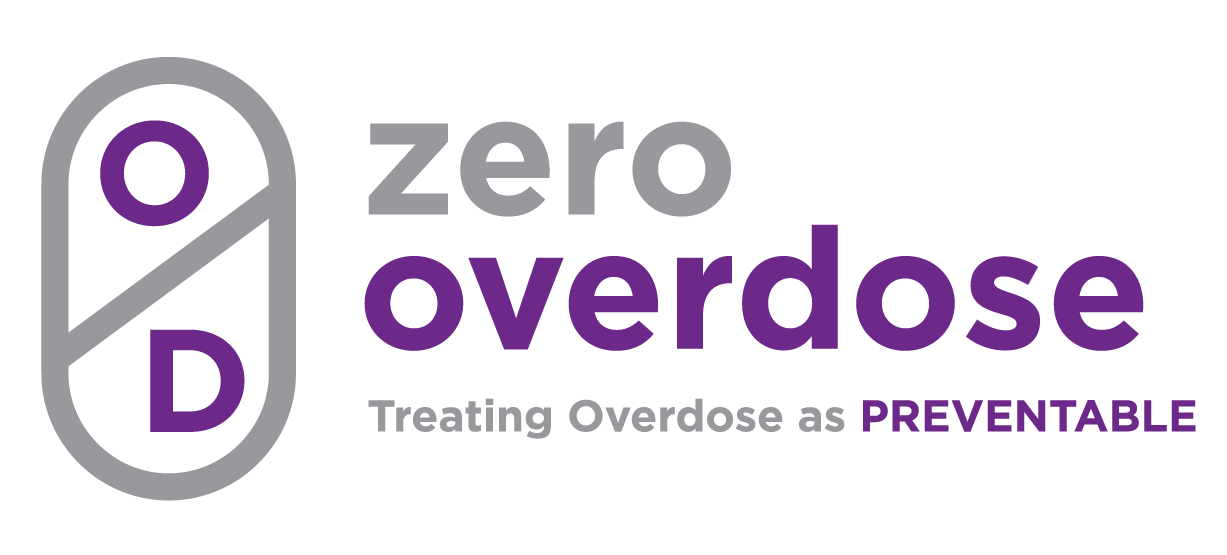“Overdose safety planning has the ability to revolutionize the delivery of care and services, potentially saving thousands, if not tens of thousands, of lives.”
—Virna Little, PsyD, Co-Founder of Zero Overdose
THE NATION’S DRUG OVERDOSE EPIDEMIC
Since 1999, over one million Americans have died from drug overdoses.[1] This crisis is deeply felt in communities across the nation, accounting for nearly 21% of all opioid-related deaths.[2] Even more alarming is the rampant spread of synthetic opioids, responsible for roughly 71,000 deaths and constituting 88% of all opioid-related deaths.[2] The death toll associated with synthetic opioids has seen a staggering 23-fold increase since 2013, moving them to the forefront of this crisis.[2] This surge is largely attributed to the increase in fentanyl-related overdose deaths. Fentanyl is a synthetic opioid 50 times more potent than heroin and 100 times more potent than morphine.[2] This danger extends to fentanyl analogs, some of which are thousands of times more potent than fentanyl itself.[2] Drug overdose deaths have led to a 0.28-year decrease in overall life expectancy, with opioid-related deaths accounting for a 0.21-year decrease.[3] In 2022, approximately 110,000 drug overdose deaths were recorded in the United States. Provisional data for 2023 suggest an additional thousand lives will be lost, setting yet another grim record.[4]
THE ROLE OF TREATMENT, PRIMARY CARE, AND COMMUNITY PROVIDERS
In the fight against the overdose epidemic, treatment, primary care, and community providers are on the front lines. Their role is pivotal in addressing the immediate needs of those at risk of overdose, as well as the broader aspects of harm reduction, prevention, and recovery support. Incorporating overdose safety planning into their practices is not just a viable option—it is a must.
OVERDOSE SAFETY PLANNING: A VITAL SOLUTION
Rooted in harm reduction principles and a client-centered approach, overdose safety planning offers a crucial and innovative solution to the overdose epidemic. The Zero Overdose Safety Plan©, in particular, stands as the gold standard in overdose prevention. It serves as a comprehensive intervention tool that empowers individuals to take control of their own safety, equips providers with the knowledge and skills necessary to guide their patients, and provides communities with the resources required to proactively combat this crisis while ultimately saving lives. To become a Zero Overdose specialist, organization, or community, please visit zerooverdose.org or email info@zerooverdose.org.





